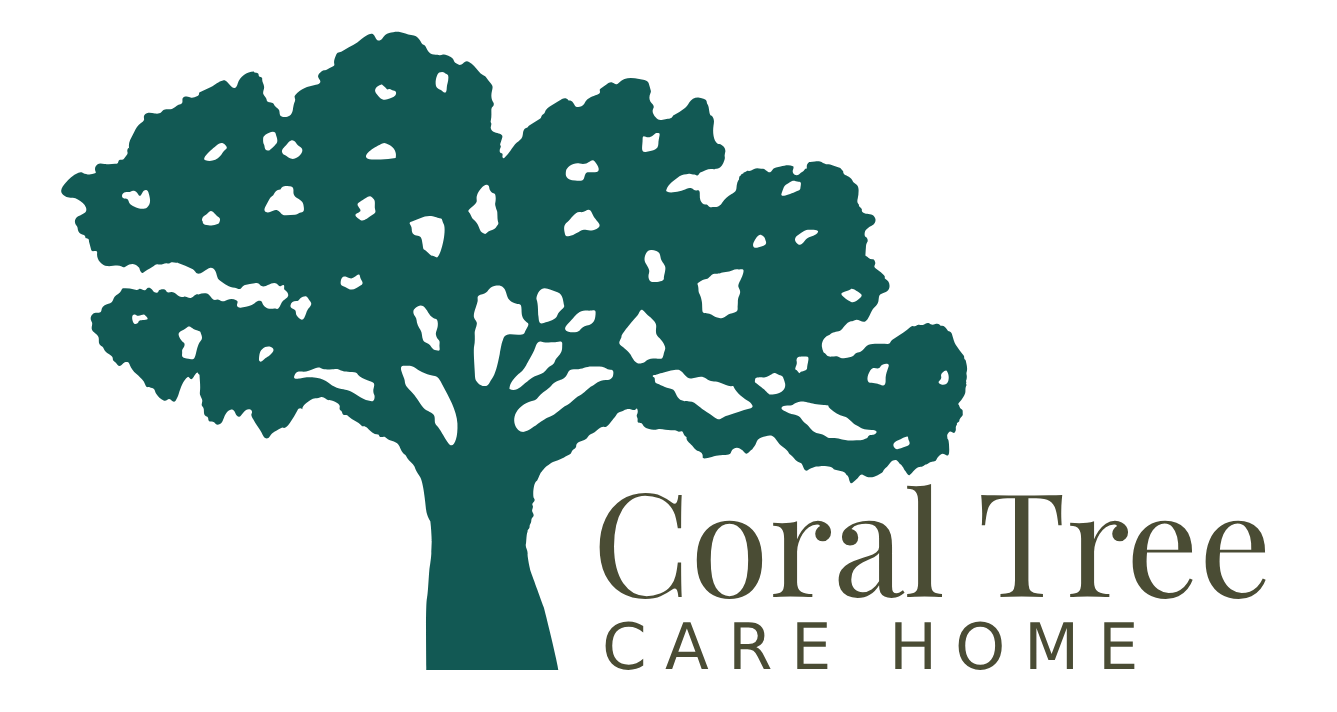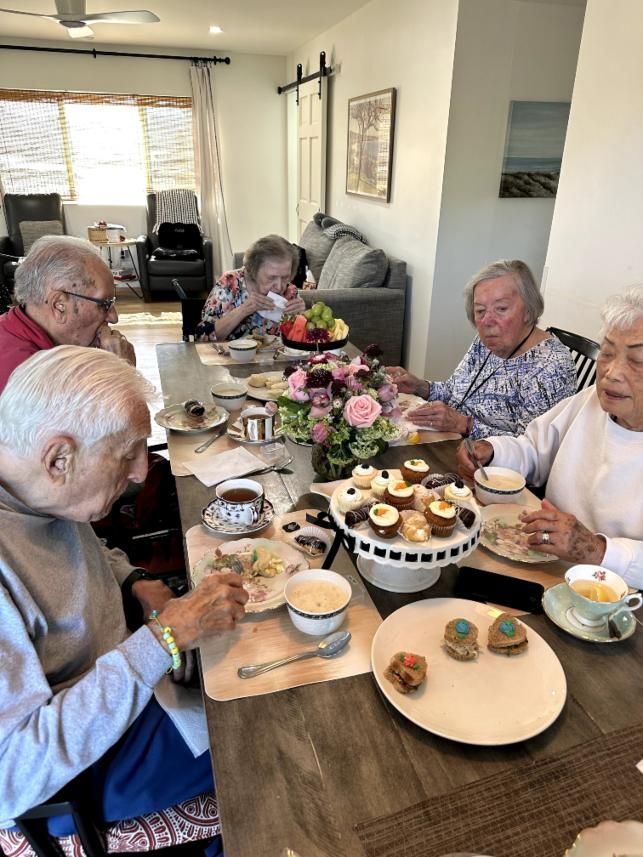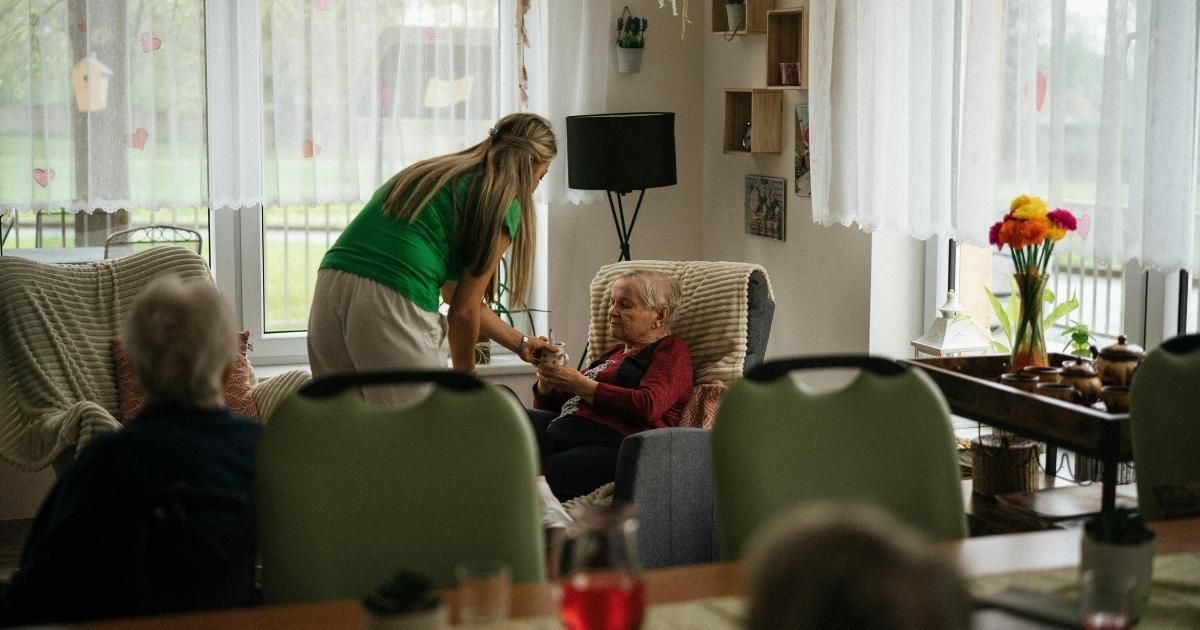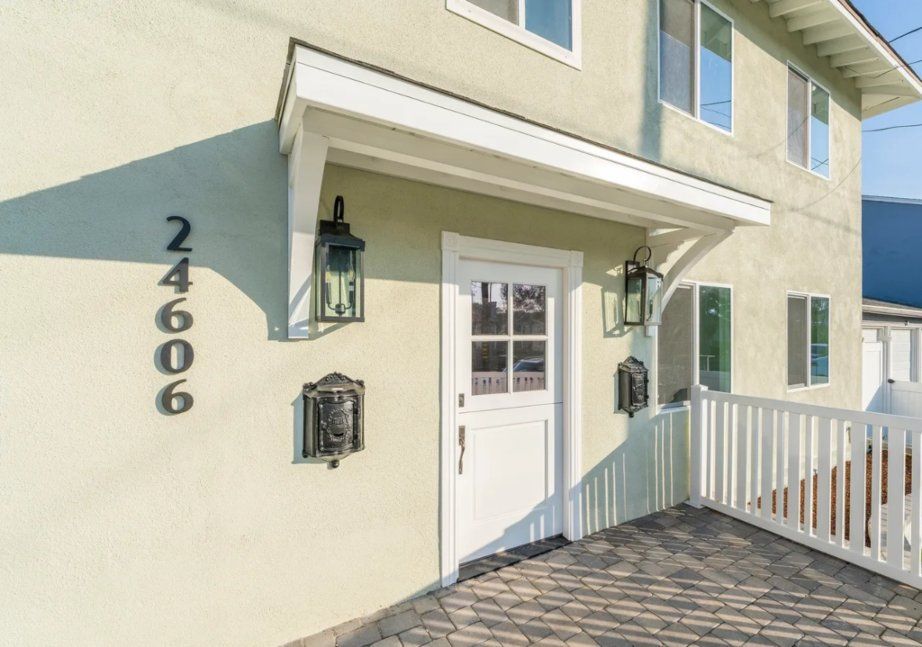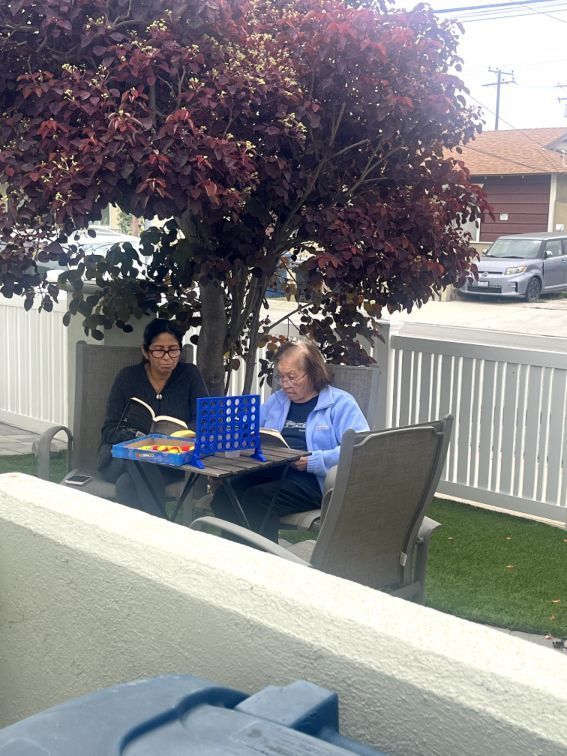Senior Care Explained: From Home Care to Assisted Living
Navigating Senior Care for Your Loved Ones
Choosing senior care for a parent or loved one is never easy. Families want clarity, reassurance, and trustworthy information that helps them understand each care option. If you are comparing senior care services in Lomita, CA, or researching options for loved ones in nearby areas like Rancho Palos Verdes, Torrance, Redondo Beach, and Rolling Hills, this guide will help you make an informed choice.
In this guide, we compare in-home care, senior day programs, respite care, and assisted living so you can choose the support that best fits your loved one’s needs, safety, and daily routines.
What Senior Care Really Means for Families in Lomita
Senior care includes many types of support, and families often feel overwhelmed by the choices. Adult children juggling work, parenting, and caregiving may struggle to understand what level of care is needed as their parent faces new challenges.
Decisions often begin after a fall, memory changes, medication issues, or concerns about loneliness. The right care choice depends on mobility, medical needs, emotional well-being, safety concerns, and how much support the family can offer.
Seniors want dignity, comfort, companionship, and a predictable routine. Families want peace of mind and the confidence that their loved one is receiving respectful, attentive care.
Support Delivered to Your Door
What In-Home Care Provides
In-home care involves a caregiver visiting the senior’s home to assist with bathing, dressing, grooming, meal preparation, medication reminders, light housekeeping, and transportation. It is a flexible option that can be scheduled as needed.
Benefits for Local Families
Families often choose in-home care because it allows seniors to remain in a familiar environment. It works well for individuals who are mostly independent but need help with routines or companionship.
Limitations to Consider
In-home care can become expensive as needs increase. It does not resolve issues of loneliness or isolation. Seniors with dementia, wandering risks, or nighttime needs may require a safer, more supervised setting.
Social Connection During the Day
What Senior Day Care Offers
Senior day programs provide structured daytime activities, meals, medication reminders, creative engagement, and opportunities for social connection.
Benefits
Senior day care works well for families who work during the day and want their loved one to stay active and engaged. It reduces boredom and encourages social interaction.
Limitations
Senior day care only covers daytime hours and may not fit the needs of seniors with moderate dementia or those requiring continuous oversight. Transportation may also be challenging.
Short-Term Relief for Stressed Families
What Respite Care Means
Respite care provides short-term support for seniors when families need temporary relief. It may last a few days or several weeks.
Benefits
Respite care allows families to rest, travel, or manage personal needs while ensuring their loved one receives care. It is also helpful during recovery after hospitalizations or when families want to try assisted living before making a long-term decision.
Limitations
Availability varies by provider. Short stays may have higher daily costs, but many families find the peace of mind invaluable.
A Home-Like Community With Daily Support
What Assisted Living Includes
Assisted living communities offer housing, meals, personal care assistance, medication management, housekeeping, activities, and 24 hour care. It supports seniors who want independence but need consistent help throughout the day.
Benefits That Matter Most to Families
Assisted living can significantly improve quality of life. Seniors enjoy companionship, routine, shared meals, and daily activities. They experience better safety, improved social interaction, and steady emotional support.
Smaller residential homes create an intimate, family-like environment. Caregivers know each resident personally and provide consistent, compassionate attention.
Families often express deep relief. One shared, “We were finally able to rest easier because we knew our dad would be taken care of properly. We could feel the compassion.” Another wrote, “When she moved to Coral Tree she made friends and looked forward to seeing the same faces at breakfast, lunch, and dinner.”
Limitations
Assisted living does not replace medical care. Seniors with advanced medical needs may require additional assistance or specialized services.
What Fits Your Loved One Best
Before choosing a care plan, it helps to compare all options side by side. This table gives families a clear overview of what each service offers and how it supports different needs.
Quick Comparison of Senior Care Options
| Care Option | Best For | Level of Support | Social Interaction | Typical Setting |
|---|---|---|---|---|
| In-home care | Seniors who need part-time help at home | Light to moderate | Limited, one-on-one | Senior's own home |
| Senior day care | Seniors who are safe at home overnight | Daytime supervision and support | High during program hours | Community or activity center |
| Respite care | Short-term coverage for families | Moderate to high, short term | Varies by provider | Home or residential setting |
| Assisted living | Seniors who need daily help and oversight | Ongoing, 24 hour care | High, built-in activities | Licensed residential community |
Checklist: In-Home Care Works Best When
- The senior needs only part-time help.
- The home is safe and accessible.
- Social isolation is not a major concern.
Checklist: Senior Day Care Works Best When
- The senior enjoys daily engagement.
- Caregivers need daytime relief.
- The individual thrives in group activities.
Checklist: Respite Care Works Best When
- The caregiver needs a break.
- Recovery is needed after an illness or hospitalization.
- Families want to test assisted living.
Checklist: Assisted Living Works Best When
- Safety concerns are increasing.
- The senior feels lonely at home.
- Memory loss or confusion is becoming more noticeable.
- The family is feeling overwhelmed with caregiving.
Why a Small Residential Home Brings Comfort & Peace of Mind
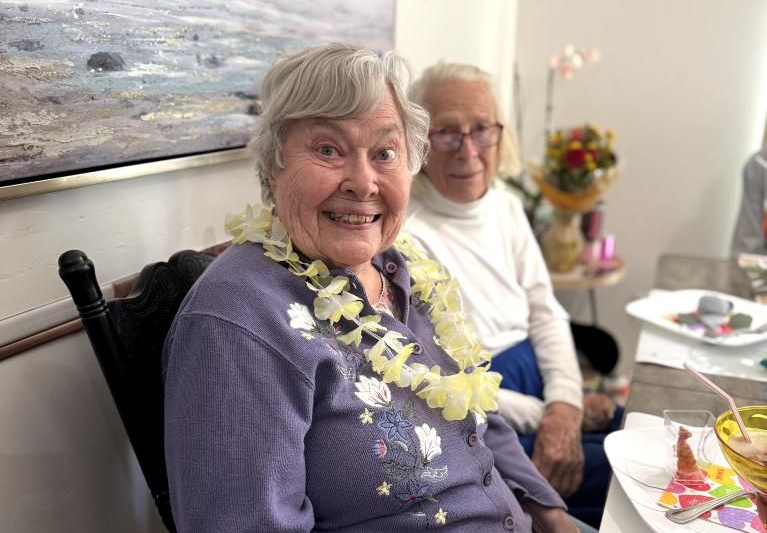
Large, corporate-style facilities can feel overwhelming. Many seniors thrive in small homes where life feels calmer and more personal.
Residents in small residential homes enjoy home-cooked meals, meaningful social interaction, music, conversation, and one-on-one attention. Families often describe the experience as a relief. One shared, “We were three daughters trying to care for mom in her home. We are so happy we found Coral Tree. They kept mom comfortable and happy in a safe home during COVID.”
Small residential homes offer predictability, stability, and personal attention that help seniors feel comfortable and supported.
How Coral Tree Care Home Supports Families in Lomita
Coral Tree Care Home offers assisted living, dementia care, medication management, personal care assistance, transportation to medical appointments, social activities, and in-home salon services. Seniors benefit from warm, home-like living and caregivers who build real relationships with residents.
Families appreciate the compassion, consistency, and personal attention their loved one receives. Residents enjoy daily routines, friendly engagement, and a peaceful environment where they can feel at home.
Get Guidance on Senior Care Services in Lomita, CA
If you are searching for senior care services in Lomita, CA, Coral Tree Care Home is here to help. Families are invited to schedule a tour, meet the care team, and see how a small residential home can provide comfort, dignity, and companionship. Rooms are limited, so early inquiry is encouraged.
Call (310) 974-3054 or visit 24606 Pennsylvania Ave, Lomita, CA 90717 to speak with a care coordinator.
Frequently Asked Questions
How do I know which senior care option is right for my parent?
The best option depends on your loved one’s mobility, safety needs, memory, emotional well-being, and the level of support your family can provide. If only occasional help is needed, in-home care may work. If safety concerns or loneliness increase, assisted living may offer a safer, more supportive environment.
Is assisted living better than home care for dementia?
For many individuals with dementia, assisted living provides structured routines, secure environments, and consistent caregivers. This reduces confusion and anxiety, which can be difficult to manage with rotating in-home caregivers.
What is included in respite care?
Respite care includes temporary housing, meals, personal care assistance, supervision, activities, and support from trained caregivers. It allows families to take a break while ensuring their loved one remains safe and supported.
How much does assisted living cost at Coral Tree Care Home?
Assisted living at Coral Tree Care Home starts at $ 6,000 per month. This includes daily personal care, meals, 24 hour care, activities, housekeeping, and medication assistance. Pricing is predictable, which helps families plan ahead.
How soon can a loved one move into assisted living?
Move-in timelines vary, but many families can complete the process within one to two weeks. Urgent placements can often be accommodated when safety or hospital discharge requires quick action.
